Author: Daniel King | Posted on: 2021-05-31 | Last updated on: 2021-08-06
Canada is a great place for gamblers, as the vast majority of Canadians will never pay a penny of tax on their winnings. The principle of no taxation of gambling winnings is laid down in British law and is therefore even older than Canada itself. According to this principle, you are exempt from tax on gambling winnings in Canada if you do not treat gambling as a business, and gambling is not your only source of income.

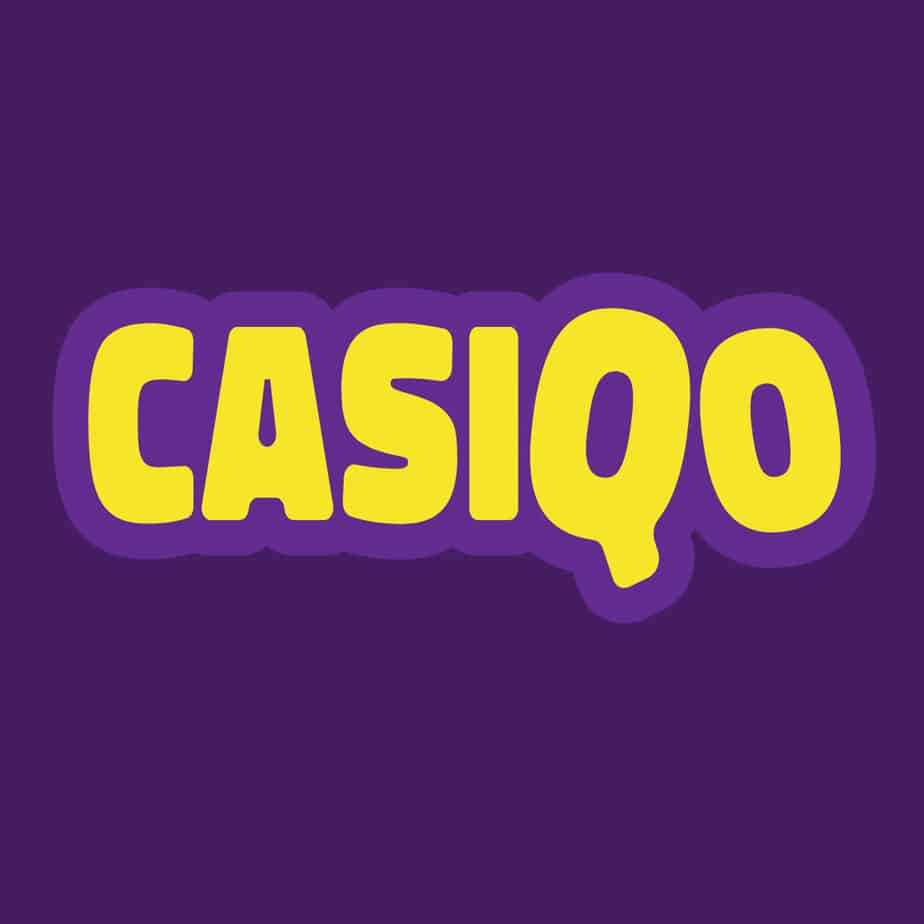
Welcome bonus
No bonuses
No bonuses
Bonus
A lot of Games


Welcome Bonus
100% bonus up to 3000 CAD + 100 FS
3000 CAD + 100 FS
Bonus
A lot of Games

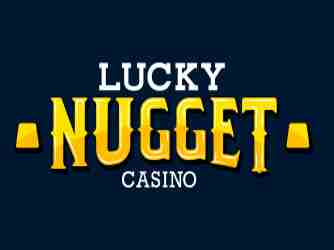
Welcome Bonus
150% bonus up to 200 CAD
200 CAD
Bonus
Slots Casino


Welcome Bonus
100% bonus up to 571.5 CAD + 155 FS
571.5 CAD
Bonus
Best New Casino

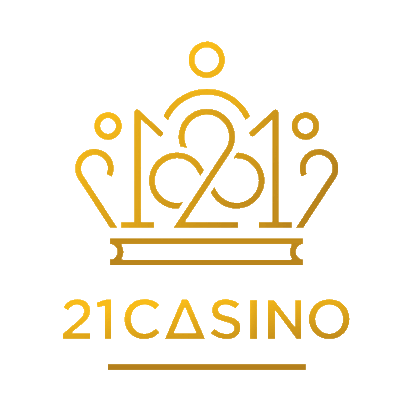
Welcome Bonus
100% bonus up to 1000 CAD
1000 CAD
Bonus
A lot of Games


Welcome Bonus
A 100% bonus up to 1500 CAD + 300 FS!
1500 CAD + 300 FS
Bonus
Bitcoin casino


Welcome Bonus
A 100% bonus up to 2000 CAD + 100 FS!
2000 CAD + 100 FS
Bonus
A lot of Games

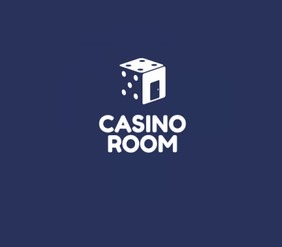
Welcome Bonus
A 100% bonus up to 1500 CAD!
1500 CAD
Bonus
Best Casino

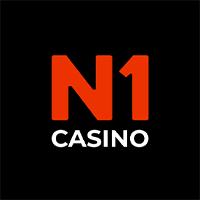
Welcome Bonus
A 100% bonus up to 600 CAD
600 CAD
Bonus
Best New Casino


Welcome Bonus
A 100% bonus up to 750 CAD
750 CAD
Bonus
Best Casino
For many decades, many players have seen gambling as a scheme to get rich quickly. Although your gambling activity can lead to big winnings, you may encounter some obstacles in the way of winning money to your wallet. Moreover, gambling can be a very costly pastime if you are an irresponsible player. So, the first thing you should learn is the taxation of winnings in Canadian casinos so as not to go against the law.
So, the most important thing you should know about gambling winnings tax in Canada is that there is no law imposing taxes on winnings regardless of whether you play at a land-based gambling venue or an online casino. The CRA (Canadian Revenue Agency) generally does not charge any tax on winnings except for some cases provided for by the Canadian legislation. So, there are two types of gamblers – recreational and professional – one of which never pays taxes on casino winnings while the profit of the second is taxed.
Since the term ‘recreational gambler’ is relatively new, people interpret it differently. A recreational gambler is a gambler who treats gambling as a vocation, a hobby or simply a way to have a pleasant time. Recreational gamblers have a gambling budget, that is, money they are willing to risk for a chance to win. Recreational gamblers hope to win but at the same time admit to themselves that they are likely to lose their money. Realizing that their visit to an online casino should not be a way to generate income or a way to get rich quick, they consider online casino gaming as an amazing way to spend their money.
So, the recreational gamblers play for fun and thrills. They take great risks to maintain their interest in the game but do not gamble too high so that their gambling sessions do not have a detrimental effect on their lives. They may play at land-based and online casinos and buy lottery tickets to try their luck. Their gambling activity can be a profitable experience, but it does not matter regarding gambling tax if gambling is not the only source of their income.
The main peculiarity of professional gamblers is that they treat gambling entertainment as a business. The difference between recreational and professional gamblers is that the latter consider their gambling activity as their main source of income. A good example of a professional player is Michael McDonald “Timex,” a successful young poker player from Canada who made his fortune at the poker table.
However, making huge money from gambling entertainment does not necessarily make you a professional player. For example, by playing progressive jackpot slots, you can win a big prize in just a few spins. History knows several people who have won multimillion jackpots even though they were casual visitors to online casinos. So, if you spend a lot of time gambling and make a big profit from such a pastime, you are likely to be assigned the status of a professional gambler.
So, if a taxpayer gambles not for fun but to make a living, there is a possibility that they will be recognized as professional gambler engaged in business activities. It would be fair to state that any person who gambles has a profit motive. However, gambling also involves the risk of losing money. As known, at the legislative level, there is a definition of business as “anything which occupies the time and attention and labour of a man for profit. However, when it comes to tax on gambling winnings in Canada, such parameters as frequency and systematic nature are usually considered to indicate whether gambling activity is a type of business.
Yet, gambling – even if frequent, regular and systematic – is generally not considered a commercial activity. So, the CRA decides whether gambling winnings are taxable in Canada by examining the circumstances and behavioural traits of a particular gambler. So, here are some of the criteria that the CRA takes into account when considering each case:
Although the legislation regarding professional winnings is somewhat vague and the case law shows that decisions can be ambiguous, professional players must declare their income and pay gambling taxes in Canada. Notably, gambling losses are tax-deductible in Canada, but they are deductible from winnings, so you must file a declaration including all of your gambling profits as taxable income.
According to the principle-based on British law, casino winnings result from luck, not expectation. This is true for many odds games available at both land-based and online casinos. Even if you are a professional player, you can probably avoid paying casino winnings tax. There have only been a few cases where the tax inspector has proven that a player is a professional gambler.
So, if you are a professional gambler willing to pay gambling tax in Canada, you will have the advantage that the government will allow you to deduct costs and losses. The tax you have to pay ranges from 15% to 33% of your profits – the highest tax for the biggest profits. Considering that the penalty for not paying taxes could be between CAD$ 1,000 to CAD$ 25,000, including imprisonment for up to 12 months (Section 238 of the Income Tax Act), paying your taxes on time might be your best decision.
The Income Tax Act states that you must pay the same income tax rate, regardless of the nature of your income source. So, there is no difference between whether you play offline or online casinos. Your gambling winnings as a professional player will be taxed the same way.
Although different provinces and regions have different gambling laws, the tax on gambling winnings in Canada is the same throughout the country. However, the rules change if you are a Canadian playing at offshore casinos. For example, if you play at a US casino, you must pay 30% tax on your winnings over $1,200 withheld at the cashier. According to the special tax treaty between the USA and Canada, the IRS deducts tax on winnings of Canadians playing in USA casinos. However, the good news is that if you can prove your losses and expenses, you’ll be able to get your tax refund.
If you are a professional player with gambling activity that can be considered a commercial business, you must pay gambling tax in Canada.
Your winnings of less than CAD$ 1,200 at slots and bingo, up to CAD$ 1,500 at keno and up to CAD$ 5,000 in poker tournaments will not be subject to gambling taxes in Canada.
Gambling is not taxed because gambling results in casino games are random and not a pattern, so winnings cannot be treated as expected profits.